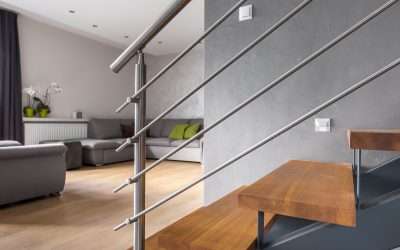As in most types of industries, terminology can become a critical factor in knowing what to ask for or what to search when looking for products and solutions online. When it comes to weighing systems, industrial floor scales and platform scales are often considered the same thing, but there are some minor differences.
As a general guideline, it is helpful to think of platform scales as a smaller capacity type of scale, but these can still weigh up to a 1000 pounds or more. Floor scales typically offer a standard capacity of over 1000 pounds and up to 10,000 pounds or more based on specific application requirements. There are some overlaps, and it is possible for a floor scale and a platform scale to offer the same features depending on the manufacturer.
Surfaces and Materials
Top manufacturers will offer floor scales with a variety of options both for the surface of the scale as well as for the base and platform top. For optimal resistance to corrosion, rust or exposure to high humidity or liquids, consider a stainless steel top.
Carbon steel platform tops offer a slightly lower cost and are a good option when weighing materials that are not corrosive or in areas where moisture will not be a factor. If the area will require cleaning with water or chemicals to meet standards or regulations, the stainless steel option is the best.
For safety, it may be important to consider a tread plate on the surface of the scale. This provides traction for people as well as an enhanced surface to prevent slipping of loads on the scale. Smooth surfaces are often considered optimal for boxed, palleted or otherwise packaged types of loads.
Load Cells
While the external components of industrial floor scales are important, the actual accuracy and efficiency of the scale are determined by the quality of the load cell. Look for a manufacturer that has a top reputation in designing and manufacturing top scales and load cells in your specific industry.
Looking at additional features such as the protection of the load cell for wet or corrosive environments or for dry and dusty locations will be critical. It is also well worth choosing a load cell for your industrial floor scales that offers electronic calibration, eliminating the need for downtime and manual calibration of the scale.
Other features to look for on the floor scale include the integration of the scale into your current operational software system, the ease of installation and connection, and the additional performance features offered to improve accuracy and durability of the scales.








